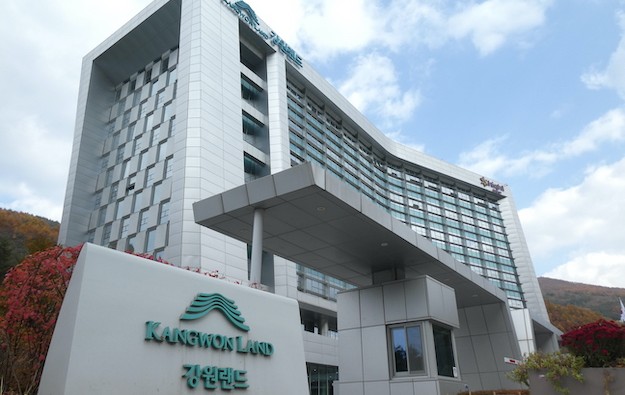
A South Korean court has partially sided with Kangwon Land Inc., the operator of the only casino in the country open to locals, in a dispute over how often and when payments should be made to the Abandoned Mine Fund. Under a December 2024 amendment in Gangwon Province, Kangwon Land was required to move from biannual to quarterly payments of 13% of its casino revenue under the Special Act on the Assistance to the Development of Abandoned Mine Areas. The first quarterly payment, based on its first-quarter 2025 gross gaming revenue of KRW 316.8 billion (~US$32.2 million), was due in May 2025 for KRW 44.7 billion. Kangwon Land challenged the change, arguing it imposed overly short notice and could cause a default under the tighter schedule.
The Chuncheon District Court ruled that while the legislative amendment mandating quarterly payments is “lawful,” Kangwon Land should be given more time to settle those payments to avoid unfair risk. In essence, the court affirmed the legal basis of the amendment, but tempered its implementation to account for practical financial and operational constraints of the company. This compromise both upholds the province’s regulatory goals and acknowledges the burden of payment timing. In full-year 2024, Kangwon Land Inc paid an aggregate of KRW 177.34 billion to the Abandoned Mine Fund, according to the firm’s sustainability report published in August, underscoring the scale of its contributions.
This ruling is significant not only for Kangwon Land, but for how South Korea balances social development obligations tied to revenue-generating enterprises. The Abandoned Mine Fund is designed to assist economically disadvantaged former mining areas, which have suffered environmental damage and economic decline. Provincial authorities argue that the switch to quarterly payments ensures a steadier flow of financial support to these communities, though critics note it could place greater strain on Kangwon Land’s liquidity during periods of market volatility.
At the same time, Kangwon Land is pursuing ambitious expansion plans. The company is currently developing a new building that will include a second casino, due to launch in early 2028. According to the company, the project aims to strengthen the group’s non-casino business, and includes initiatives such as establishing a wellness centre, developing forest trails, constructing signature pool villas, and building new hotels. While these developments highlight Kangwon Land’s long-term diversification strategy, the ruling reminds the operator that its growth ambitions must continue alongside significant and regular financial obligations to the Abandoned Mine Fund, a balance likely to define its operational priorities for years to come.

 Content Writer: Janice Chew • Thursday, 25/09/2025 - 21:43:14 - PM
Content Writer: Janice Chew • Thursday, 25/09/2025 - 21:43:14 - PM